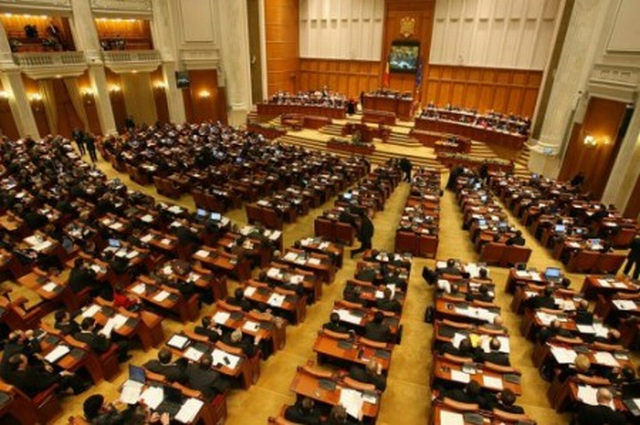Incentives for foreign workers in Romania
The Romanian Parliament has passed amendments to the legislation on the status of foreigners in Romania

Corina Cristea, 11.10.2018, 12:12
As the decision-making body on this matter, the Chamber of Deputies in Bucharest has passed a bill amending the labor legislation concerning the status of foreigners in Romania. The bill brings amendments and additions to two Government decrees passed in 2012 and 2014, in the sense that it transposes a 2016 Directive of the European Parliament and the European Council into national law. The said directive concerns the conditions of entry and residence of third-country nationals for the purposes of research, studies, training, voluntary service, pupil exchange schemes or educational projects and au pairing.
The new law stipulates that foreign nationals coming to Romania to work must be extended their right of temporary residence upon presenting their full-time individual employment agreement, subsequent to its being registered at the general record of employees, which shows that the current salary is at least the equivalent of the gross national-guaranteed minimum wage. In the case of highly-skilled workers, the salary should be at least twice the national average wage.
Foreign workers appointed at the helm of a subsidiary, representation or branch of a foreign company operating on Romanian soil, based on a contract of mandate or any other document of equal judicial value, will benefit from an extension of their temporary work permits without being obliged to present an employment agreement. However, the aforementioned workers need to provide proof of subsistence resulted from said activity, which should be equal to or greater than the gross national-guaranteed minimum wage, the law also stipulates.
In addition, foreign nationals entering Romania to work as au pairs can obtain an extension of their temporary rights of residence upon presenting their part-time individual employment agreements, subsequent to their being registered in the general record of employees, provided normal working hours do not exceed 25 hours per week and the value of the contract is equal to or greater than the gross national-guaranteed minimum wage, estimated based on a working time fraction analysis.
According to other adopted pieces of legislation, the Border Police can now deny entry into the country to any foreign national who has been given a custodial sentence exceeding three years for crimes committed in bad faith on the territory of Romania or any other country. The long-term study permit can be obtained, upon request, by foreign nationals applying for a visa as students, interns, pupils or participants in a student exchange or educational program. In this case, the application must be accompanied by all the supporting documents.
(translated by Vlad Palcu)






























